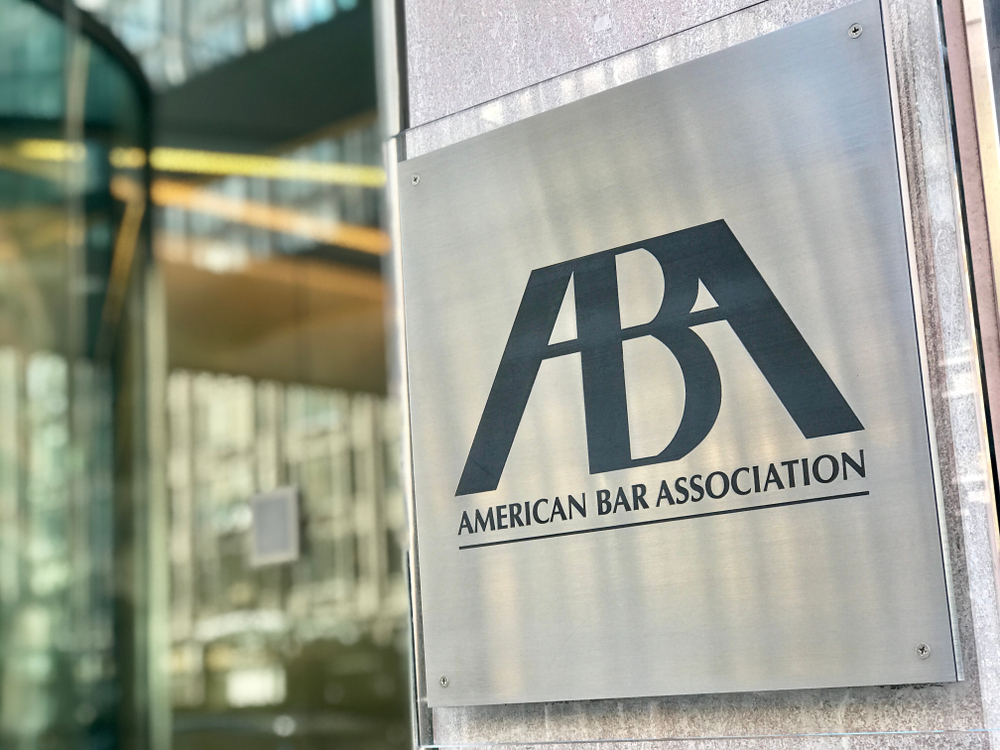The President of the American Bar Association (ABA), Mary Smith, expressed deep concern over the challenges faced by law firms’ diversity initiatives following the U.S. Supreme Court’s decision to reject affirmative action in colleges and universities. The ABA, the largest voluntary bar association in the country boasting around 166,000 members as of 2022, has conveyed its apprehension regarding the attempts to undermine diversity programs within law firms.
The statement by President Mary Smith strongly denounced the recent efforts made by elected officials and advocacy groups that target diversity programs within law firms. However, specific instances were not cited in the statement. The U.S. Supreme Court’s decision in June, which struck down race-conscious admissions policies at Harvard and the University of North Carolina, has sparked concerns within the legal community. This ruling was based on the premise that such policies violated the constitutional right to equal protection under the law.
Legal experts and administrators anticipate that this ruling might impede the longstanding endeavors to enhance diversity in the legal profession. Diversity, equity, and inclusion (DEI) programs have been instrumental in dismantling barriers that hinder the recruitment and retention of legal professionals from underrepresented groups, as highlighted by President Smith.
See also: New ABA President Mary Smith Supports Free Speech Initiatives in Law Schools
Despite ongoing efforts, diversity within the legal profession remains notably behind the broader U.S. population and other occupational fields. President Smith revealed that a mere 6% of lawyers identify as Hispanic and 5% as Black, despite these groups constituting 19% and 13% of the overall U.S. population, respectively. The ABA refrained from further commentary beyond their official statement.
Trust BCG Attorney Search to connect you with top legal employers in your area. Search now!
Notably, a separate organization associated with Edward Blum played a pivotal role in the Supreme Court’s June ruling. Blum expressed regret over the ABA’s endorsement of employment practices that seemingly discriminate against certain applicants based on their racial backgrounds. He emphasized that the law strictly prohibits racial discrimination to achieve proportional racial outcomes in any profession.
In a related development, U.S. Senator Tom Cotton, a Republican from Arkansas, sent cautionary letters to 51 major law firms, highlighting their responsibility to inform clients about the potential risks associated with making employment decisions rooted in race. The letters also urged both clients and law firms to preserve documents pertinent to DEI programs in anticipation of potential investigations and legal actions. At present, there has been no response from Senator Cotton’s representatives.
The aftermath of the Supreme Court’s ruling has witnessed a surge in legal challenges directed at corporate diversity programs, with several companies currently facing complaints. In light of these circumstances, President Smith’s statement emphasized the importance of legal professionals finding ways to uphold the law while concurrently promoting diversity. She called for a renewed commitment from law firms, law schools, and employers to cultivate a more inclusive and diverse environment.
The American Bar Association, through President Mary Smith, has expressed grave concerns about the hurdles faced by law firm diversity programs in the wake of the U.S. Supreme Court’s decision on affirmative action. While this decision has stirred apprehensions within the legal community, Smith’s statement underscores the significance of DEI programs in fostering a more inclusive legal profession. As the legal landscape adapts to these changes, the call to uphold both legal standards and diversity remains imperative.
Don’t be a silent ninja! Let us know your thoughts in the comment section below.

